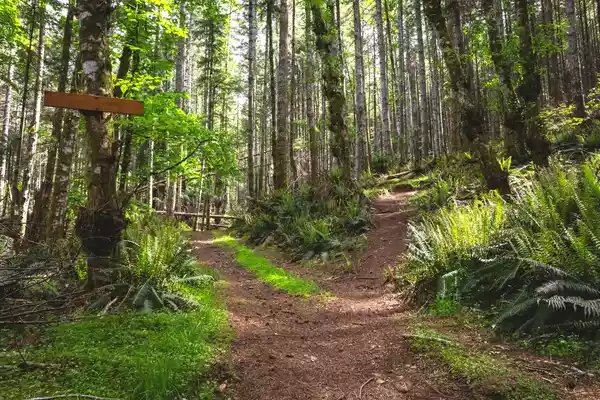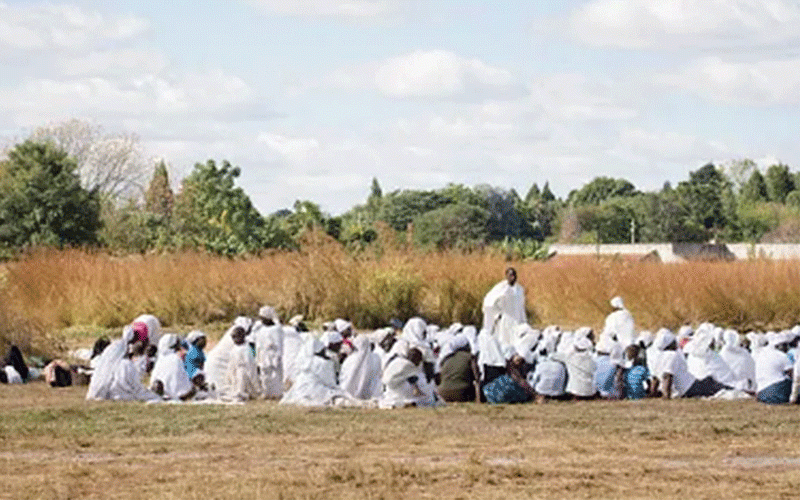
IN the lush landscapes of Zimbabwe, where towering trees whisper stories of centuries past, a silent battle rages, one that pits the urgent need for environmental conservation against the aspirations of local communities.
As carbon credits offset schemes promise a lifeline to the planet, the Reduced Emissions from Deforestation and Degradation (REDD+) initiative stands at a pivotal juncture.
While it aims to curb deforestation, allegations of corruption and systemic injustices threaten to undermine its potential.
Local farmers in Kariba, Guruve and Gokwe are caught in a web of promises and disappointments, as they strive to protect their forests while seeking sustainable livelihoods.
This feature explores the voices of those directly affected, local farmers, government officials, and forestry experts, shedding light on the complexities of REDD+ in Zimbabwe and its implications for both local inhabitants and the planet.
The REDD+ mechanism, designed to financially reward countries for reducing deforestation, has garnered both hope and scepticism.
Government officials highlight Zimbabwe’s rich biodiversity and the need for sustainable practices.
“Our forests are not just carbon sinks; they are the backbone of our communities,” states Washington Zhakata, director for the climate change department.
- Minister bemoans shortage of schools
- BCC joins Green Cities initiative
- Drunkard kills church pastor
- Guruve women yearn for political recognition
Keep Reading
However, experts note that the current framework, which limits carbon credits to afforestation and reforestation, leave existing forests unprotected and local farmers feeling marginalised.
In Kariba district, the REDD+ Project has faced significant backlash due to allegations of serious corruption.
Local farmers, who were promised benefits from protecting their forests, now find themselves disillusioned.
“We were told that if we protect our trees, we would be compensated,” says Anna Pezhura, a farmer from the region.
“But instead, we see no money and hear only stories of mismanagement.”
Such sentiments echo across the country’s heavily forested areas, where the spectre of serious exploitation looms large.
In the heart of the Mapfungautsi Mountains, local farmers are torn between the need to cut down trees for immediate survival and the promise of a greener future.
“We need firewood and charcoal to live,” explains Tendai Chitando, a farmer from Gokwe North.
“But we also want to protect our land for our children.”
This duality reflects a broader struggle faced by many rural communities, where economic pressures often clash with environmental imperatives.
Yet, not all stories are of despair.
In the Eastern Highlands, some local forestry co-operatives have marginally navigated the complexities of REDD+.
“We are learning to certify our carbon sequestration,” shares Charity Chigwanda, a member of a community-based organisation, Chitsanza Development Association.
“By working together, we are striving to access carbon payments and share the benefits.”
This grassroots approach offers a glimmer of hope, showcasing the potential for community-driven initiatives to succeed where larger frameworks have faltered.
Forestry experts argue that the exclusion of old-growth forest preservation from the REDD+ framework is a significant oversight.
Oliver Mutasa, a leading environmental scientist, states: “Neglecting existing forests in favour of new plantings undermines the very essence of sustainability.
“We must advocate for a more inclusive approach that recognises the value of protecting what we already have.”
In Zimbabwe, the Kariba district REDD+ Project was recently discredited due to serious allegations of corruption.
In Uganda, the Plan Vivo Project is selling carbon credits to United Kingdom-based companies on behalf of local farmers.
However, Zimbabwe has taken a significant step towards formalising its participation in global carbon markets by gazetting regulations to establish the Zimbabwe Carbon Market Authority (ZiCMA), a statutory body mandated to regulate, facilitate and oversee all carbon trading activities in the country.
The Carbon Trading (General) Regulations, 2025, published under Statutory Instrument 48 of 2025, set out a comprehensive legal framework aimed at aligning Zimbabwe with the Paris Agreement (2016) and unlocking opportunities in the growing international carbon credit market.
ZiCMA will serve as the national authority under Article 6 of the Paris Agreement (2016) and is tasked with ensuring the environmental integrity, transparency and accountability of carbon trading projects in Zimbabwe.
Its creation is expected to attract both domestic and international investment into projects that reduce greenhouse gases, note experts.
As the Forestry Eight comprising Brazil, Cameroon, Costa Rica and others, challenge the inequities of REDD+, Zimbabwean officials are urged to re-evaluate their strategies.
The potential for collaboration with international partners, such as the Plan Vivo Project in Uganda, could provide a model for success.
“We need to learn from others who are managing to bridge the gap between carbon payments and community benefits,” notes Mutasa, the leading environmental scientist.
The stories from Kariba, Guruve, Gokwe and Nyanga reflect a broader narrative of resilience and hope amid adversity.
As local farmers navigate the complexities of REDD+, their voices should be amplified in the ongoing conversation about climate change and sustainable development.
The fight for fair compensation and the preservation of forests is not just about carbon credits; it is about the livelihoods and futures of communities deeply connected to their land.
Zimbabwe’s REDD+ projects stand at a critical intersection, where the potential for environmental stewardship meets the stark realities of economic necessity.
By addressing the systemic challenges and fostering genuine partnerships with local communities, there is a path forward, one that honours both the forests and the local people who depend on them.
At this juncture, the world watches and awaits the outcome of this pivotal moment in the fight against climate change where most local farmers remain shut out of regional and global markets.
Forest experts assert that providing incentives to conserve the forests that are already there could be just as important as carbon payments are effective stimulants in reducing forest degradation.
They offer local communities a chance to help out global carbon emissions, while increasing prospects for their own livelihoods.
However, at present, the rules are stacked against the forestry sector and local farmers.










